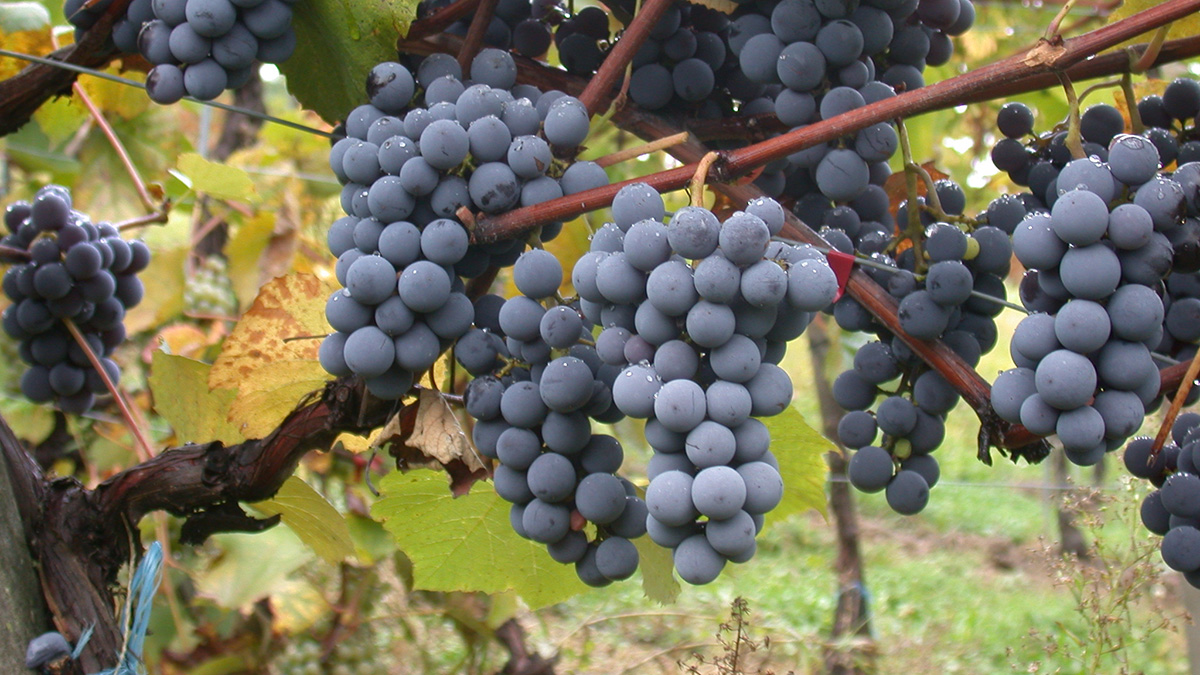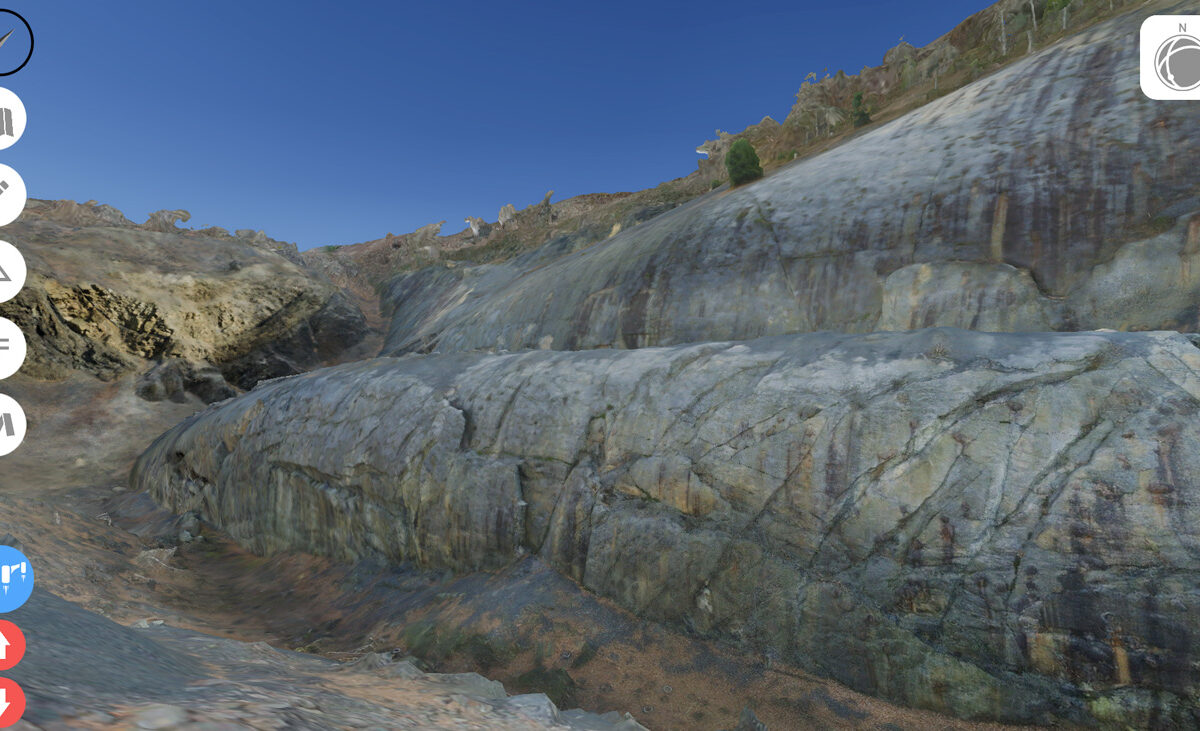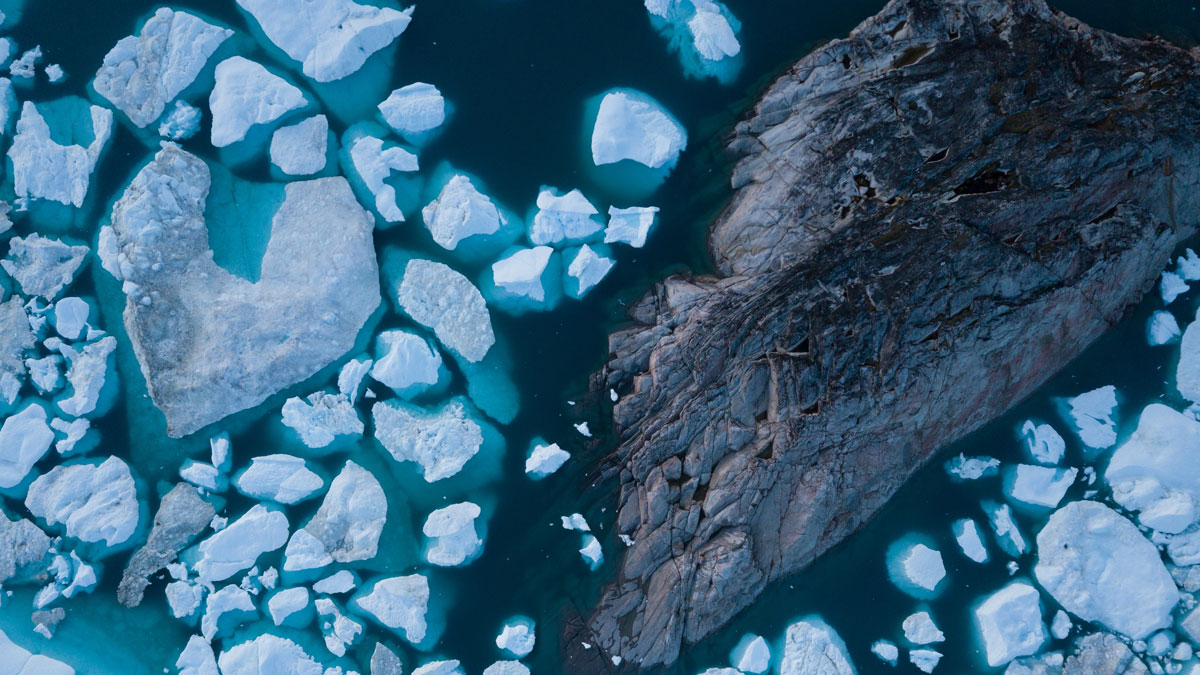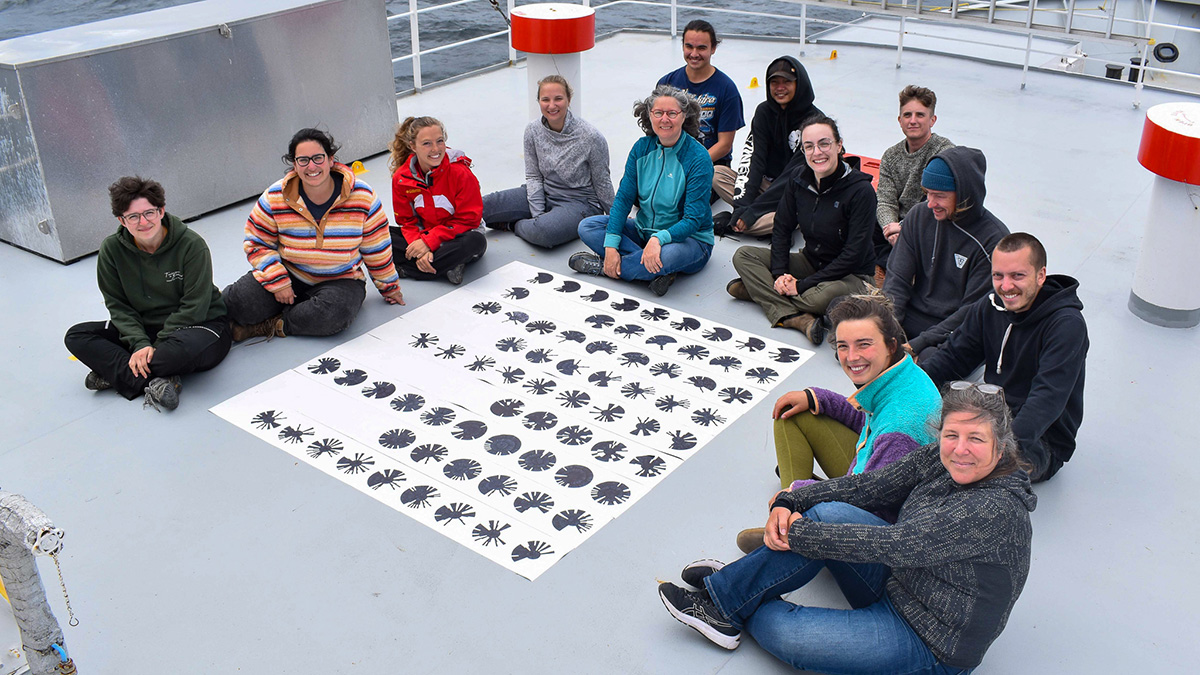The harsh climate of the ice age influenced grapevine cultivation at the dawn of agriculture.
Jenessa Duncombe
Jenessa Duncombe, a News and Features Writer for Eos, joined the team in 2018. She graduated with her master’s degree in physical oceanography from Oregon State University in 2017 and subsequently worked as a freelance writer on research ships. Jenessa first interned with Eos, became the team’s first fellow in May 2019, and joined the staff permanently in March 2020.
Finding Climate History in the Rafters of New York City Buildings
When renovating in the Big Apple, you might acquire a several-hundred-year-old climate database along with your new kitchen and bath.
The Role of Insurance in Climate Adaption
New research tests the promise of insurance to harden the U.S. economy to tropical storms.
The Rise of Gaming-Based Virtual Field Trips
Geologists are harnessing a game engine to build environments for teaching and learning.
Potentially Good News for Solar Energy During Wildfires
A preliminary analysis suggests that the impact of smoke blocking the Sun during 2020’s megafires was minimal for the nation’s solar panels.
Twenty Years of NSF Funding Show Racial Disparities
White principal investigators won a disproportionate share of National Science Foundation funding between 1996 and 2016, according to an analysis of public data.
Third-Wettest Year in Arctic Wraps Up
The annual Arctic Report Card charts the rise in rain in northern latitudes and serves as a new “vital sign” of the region’s shifting climate.
An Inclusive Approach to Oceangoing Research
The bread and butter of oceanography, sea voyages rarely include minoritized communities and nonscientists. The Inclusion Mission wants to change that.
Este no es el ciclo del agua que conociste en tu infancia
El USGS (servicio geológico de los EE.UU.) acaba de sacar un diagrama del ciclo del agua completamente renovado, con los humanos como protagonistas.
Not Your Childhood Water Cycle
The USGS just debuted a complete remaking of the water cycle diagram—with humans as headliners.










